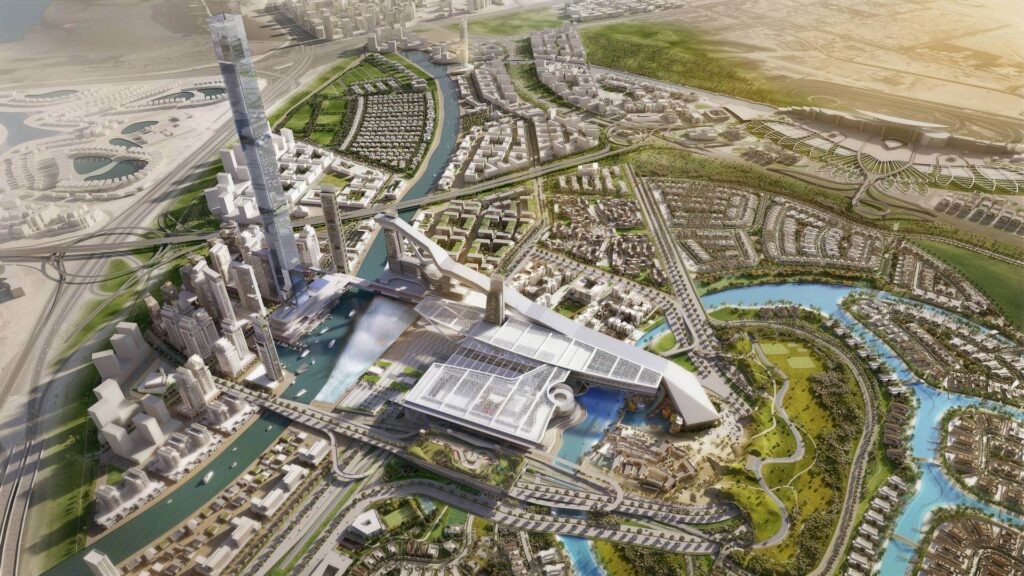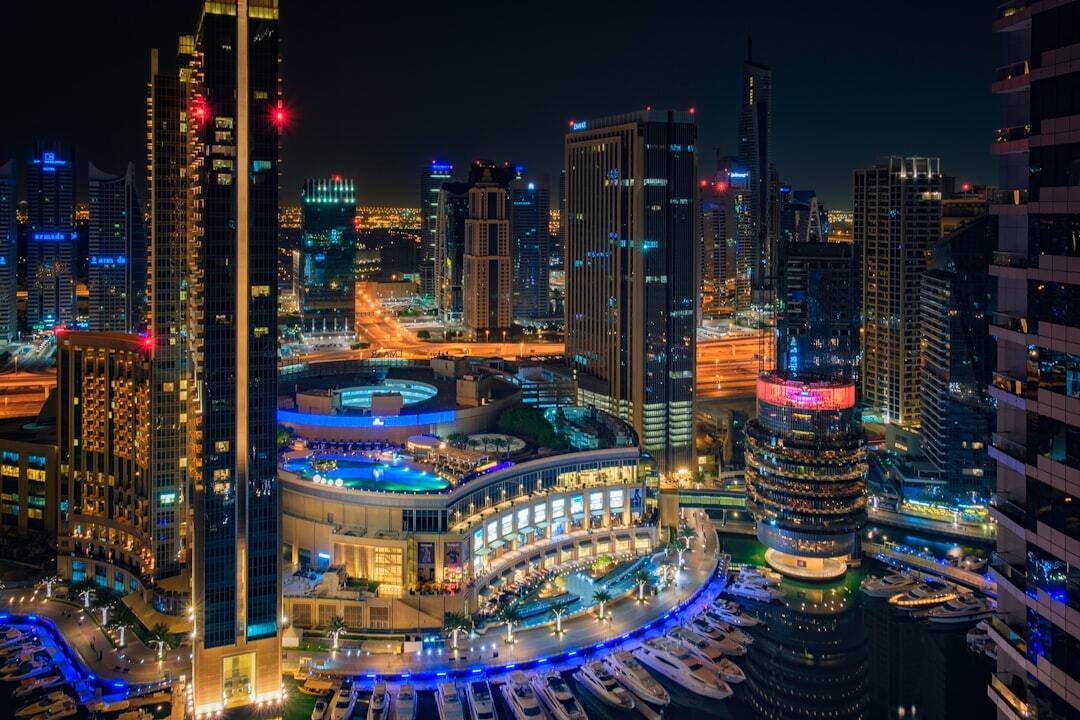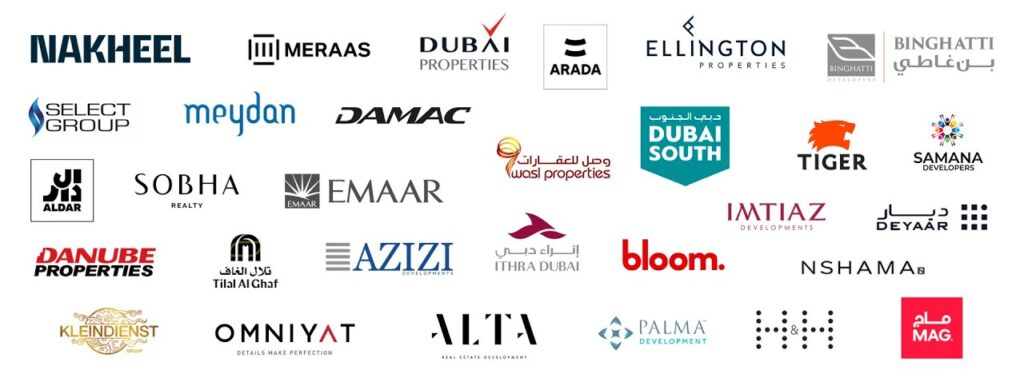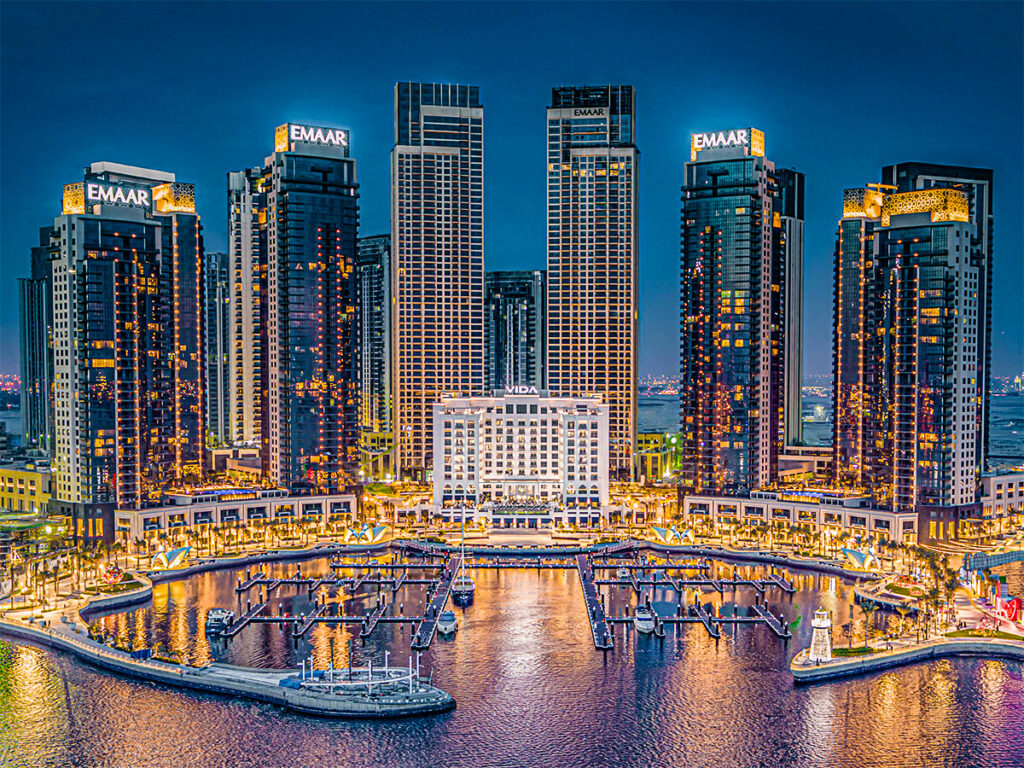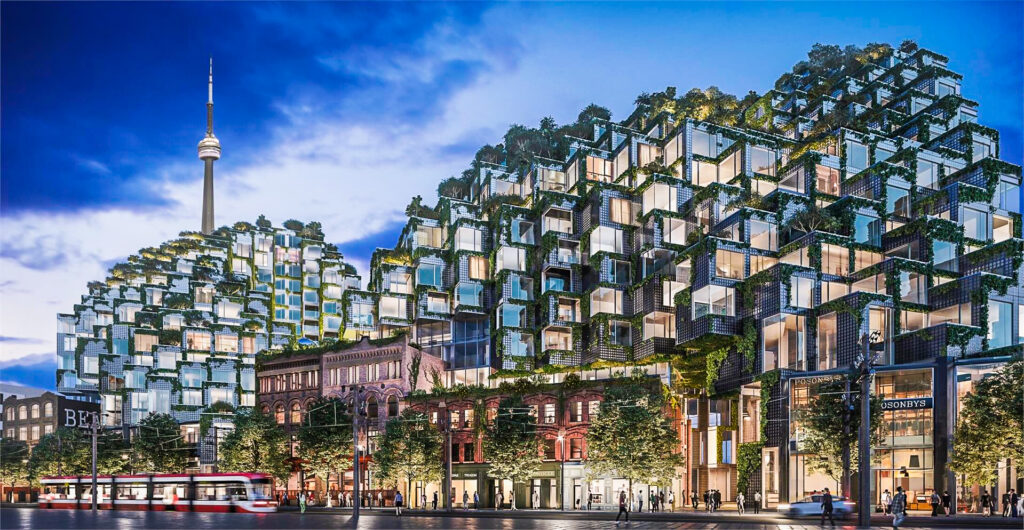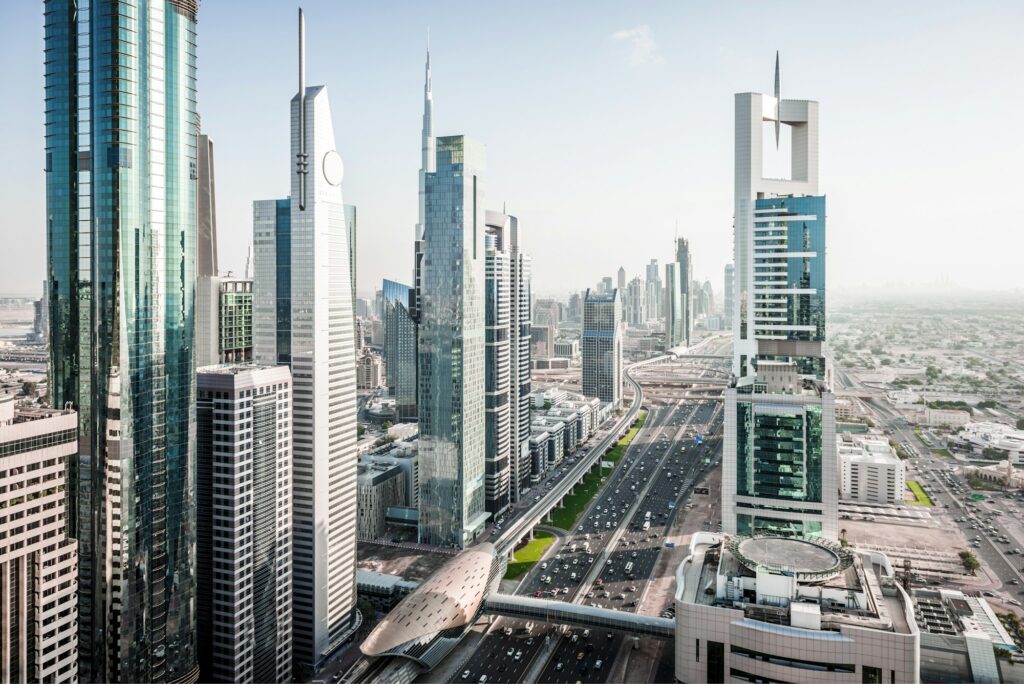Dubai's real estate market has long been a magnet for investors looking for high-end properties and lucrative returns. With its glitzy skyscrapers, luxurious hotels, and world-class attractions, the emirate has become a prime destination for those seeking to park their money in a safe and stable haven. However, in recent years, Dubai's real estate sector has evolved beyond just a "trophy investment" to become a more mature and sophisticated market that offers a wide range of opportunities for investors of all kinds.
One of the key reasons why Dubai has become such an attractive destination for real estate investment is its strategic location at the crossroads of Europe, Asia, and Africa. This has made it a lucrative hub for business, trade, and tourism, drawing in a diverse population of expatriates and tourists from around the world. As a result, demand for residential and commercial properties in Dubai remains strong, driving up prices and rental yields.
Another factor driving investor interest in Dubai's real estate market is the government's proactive approach to infrastructure development and regulatory reforms. Over the years, Dubai has invested heavily in building the necessary infrastructure to support its growing population and economy, including world-class airports, ports, roads, and public transport systems. Furthermore, the government has implemented a series of reforms to enhance transparency, reduce red tape, and protect investor rights, making it easier and safer for foreign investors to buy and sell properties in the emirate.
In recent years, Dubai has also witnessed a shift in investor preferences, with a growing demand for more affordable and mid-market properties. While luxury properties continue to attract high-net-worth individuals and celebrities, there is a rising interest in more affordable housing options that cater to the needs of the city's middle-class residents and expatriates. This has led to the emergence of new residential developments in areas like Dubai South, Dubailand, and Jumeirah Village, offering a diverse range of housing options at competitive prices.
At the same time, Dubai's real estate market has become increasingly sophisticated, with a wide range of financing options and investment vehicles available to investors. From traditional mortgage loans and off-plan purchases to real estate investment trusts (REITs) and crowdfunding platforms, investors now have a plethora of options to choose from when investing in Dubai's real estate market. This has made it easier for individual investors, institutional investors, and foreign funds to enter the market and diversify their portfolios.
Despite the challenges posed by the Covid-19 pandemic, Dubai's real estate market has shown remarkable resilience and adaptability, thanks to the government's swift response and stimulus measures. As the emirate gradually reopens its economy and welcomes tourists back, the real estate sector is expected to bounce back and regain its momentum, driven by pent-up demand, attractive prices, and favorable financing options. With Expo 2020 Dubai on the horizon, the city is poised to attract even more visitors and investors, further boosting its real estate market and solidifying its position as a global investment destination.
In conclusion, Dubai's real estate market has come a long way from being just a "trophy investment" to a dynamic and diverse market that caters to the needs of investors of all kinds. With its strategic location, robust infrastructure, regulatory reforms, and diverse range of investment opportunities, Dubai continues to attract a steady stream of investors looking to capitalize on its lucrative real estate market. As the emirate continues to evolve and adapt to changing market conditions, it remains a safe and attractive haven for investors seeking stable returns and long-term growth prospects.
